Iran's SCO membership manifests overcoming decades of US obstruction: Analyst
Iran's historical official accession to the Shanghai Cooperation Organization (SCO) as a full member manifests overcoming decades of attempted economic and military obstruction by the United States, senior geopolitical analyst and author Pepe Escobar has said.
Iran gained full-fledged membership of the SCO on Tuesday, during the 23rd virtual summit of the bloc that was hosted by India, becoming the ninth member of the influential security and trade alliance, which also includes China, Russia, India, Pakistan, Uzbekistan, Kyrgyzstan, Kazakhstan, and Tajikistan.
Speaking to Press TV from Paris on Wednesday, Escobar said that "this (Iran's membership) has been prevented, as everybody knows, for over four decades of American harassment culminating with maximum pressure sanctions, threats of 'bomb, bomb, bomb' Iran as you all remember during the [former US vice president Dick] Cheney regime in the 2000s in the US."
"This [however] is all over. Now, we are entering a new paradigm, and Iran is right at the top, as one of the most important nodes of Eurasian integration, side by side with Russia, China, and India," he added.
'Iran's arrival at its rightful place'
Escobar said Tuesday's development sealed Iran's arrival to its "rightful place" as one of the most important nations in the Global South.
Iran, he added, was slated to figure even more prominently across the world's politico-economic configuration, with the Islamic Republic's potential membership of the BRICS being in the cards.
The BRICS group of five emerging economies comprises Brazil, Russia, India, China, and South Africa. It accounts for about half of the world's population and 30 percent of its land area.
"Soon, Iran will become an official member of the BRICS+. They're gonna have a summit in South Africa in August...This week in South Africa, they're already discussing the modalities of this expansion, and Iran is one of the prime candidates," the expert remarked.
Effects towards de-dollarization
Escobar went on to describe the effects that Iran's SCO membership and its potential accession to the BRICS would have towards de-dollarization, namely the elimination of the US dollar in bilateral trade among the membership of the organizations in question.
"So, soon we're gonna have Iran as a key member of the Shanghai Cooperation Organization, [and] the BRICS, with a very close relationship with the Eurasian Economic Union (which groups Russia, Belarus, Armenia, Kazakhstan, and Kyrgyzstan)," he said.
"And all that comes together when we're talking about the absolute number one issue for all these Global South powers, which is, as [Iranian] President [Ebrahim] Raeisi rightly said, de-dollarization," the analyst noted.
Escobar identified progress towards bilateral trade in national currencies as the step that could expedite de-dollarization.
"[And] this (trade in national currencies) is what's already happening within the sphere of Eurasia, and with all the other nations outside Euraisa...Latin America and Africa as well," he stated.
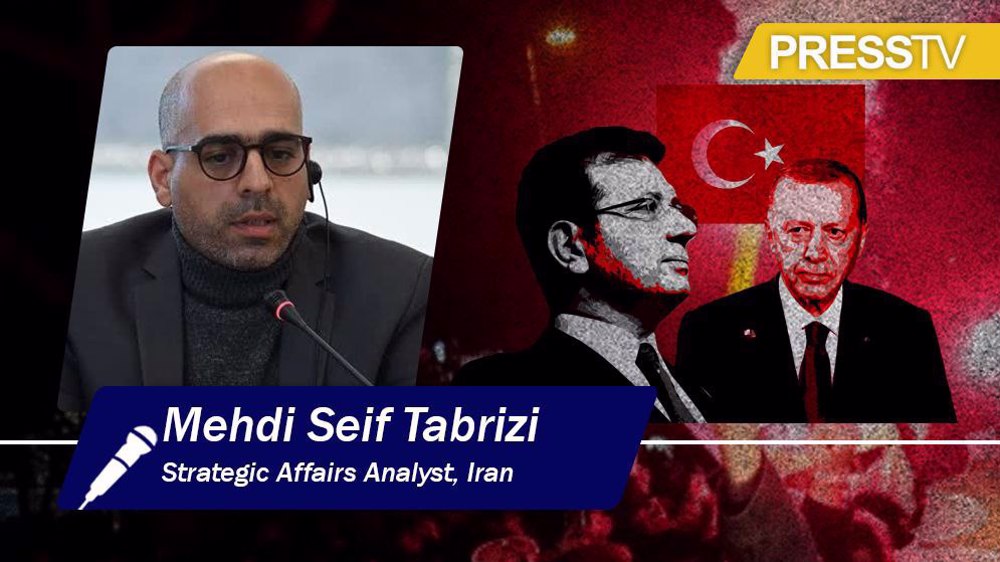
Turkey’s political unrest to significantly weaken Erdoğan’s grip on power: Analyst
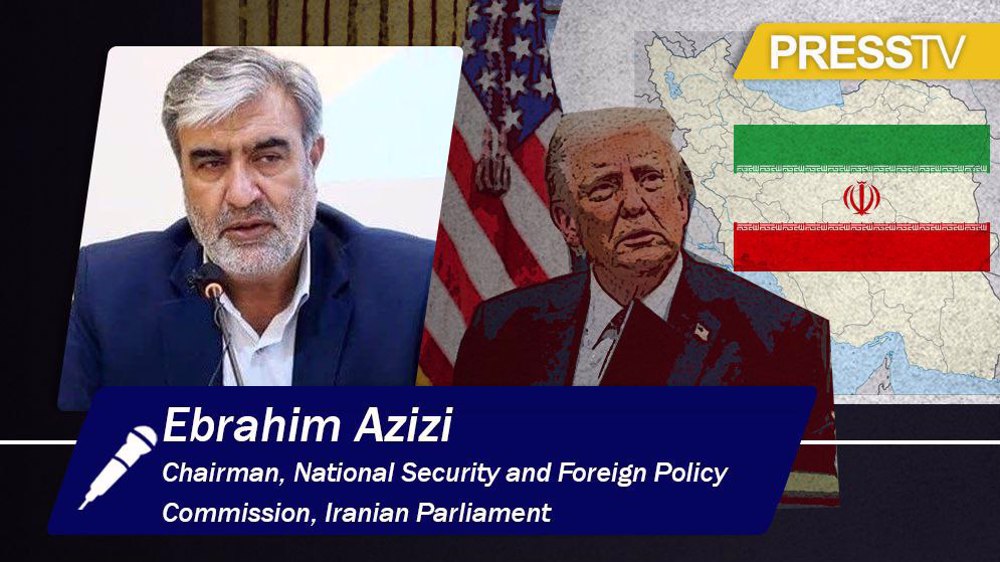
Trump’s letter not an olive branch but a pressure tactic against Iran: Sr. Lawmaker

Gaza truce deal durability uncertain due to lack of Israeli commitment: Genocide scholar
VIDEO | Netanyahu visits Hungary despite arrest warrant
VIDEO | Madrid cultural event for Syria with documentary hailing fight against Takfiris
VIDEO | UK economy reels from impact of Trump Tariffs
UNRWA chief slams Israel’s attacks on UN facilities
VIDEO | The story of Heyam: nowhere is like Gaza!
Israeli warplanes carry out more airstrikes near Damascus
VIDEO | 'War Criminal' welcomed
Denmark's PM visits Greenland after Trump threat to seize it


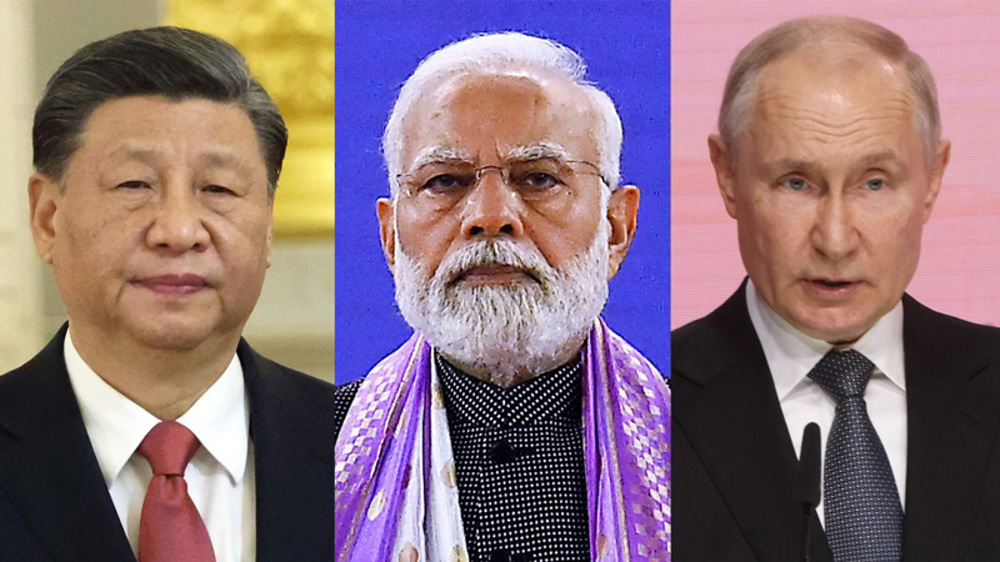
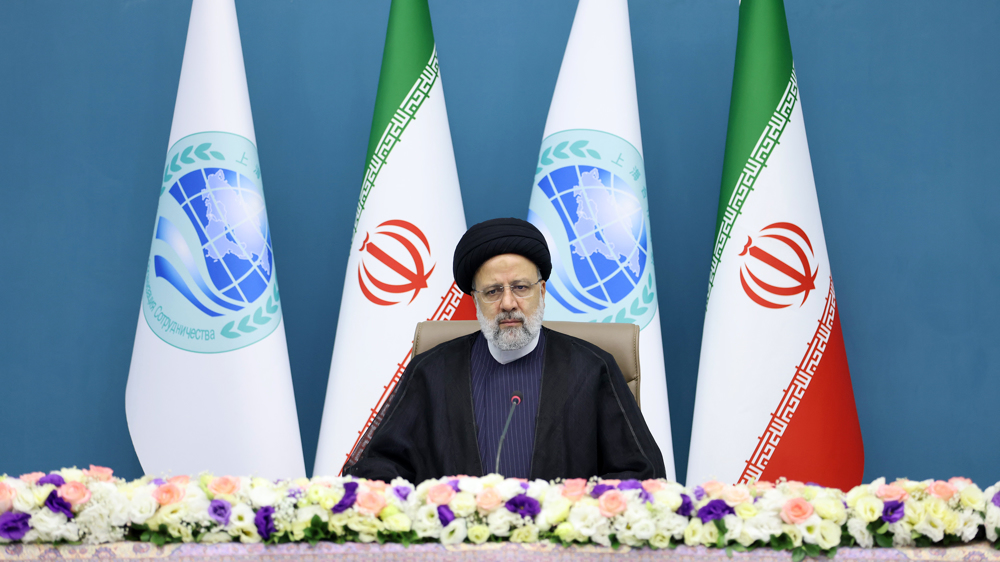



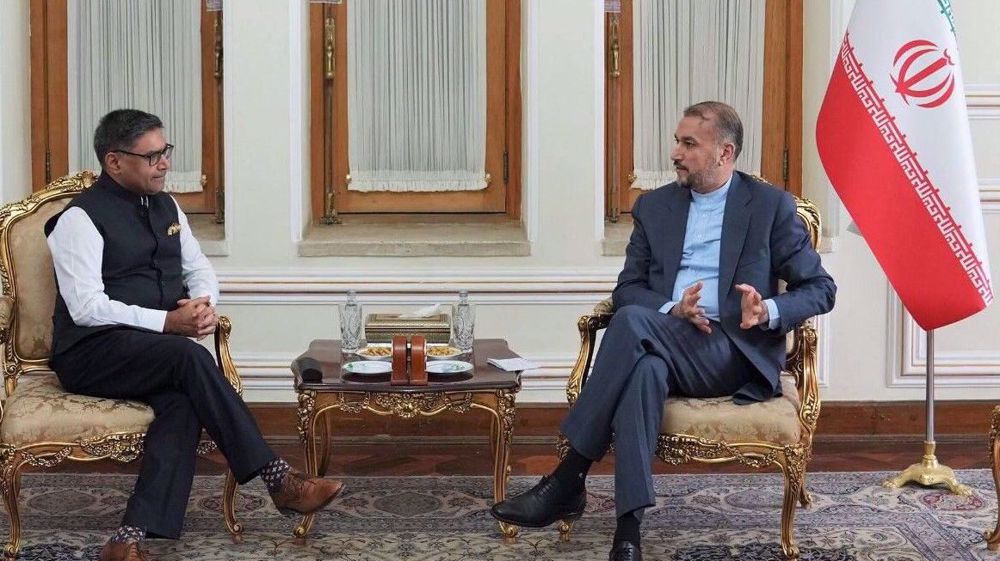
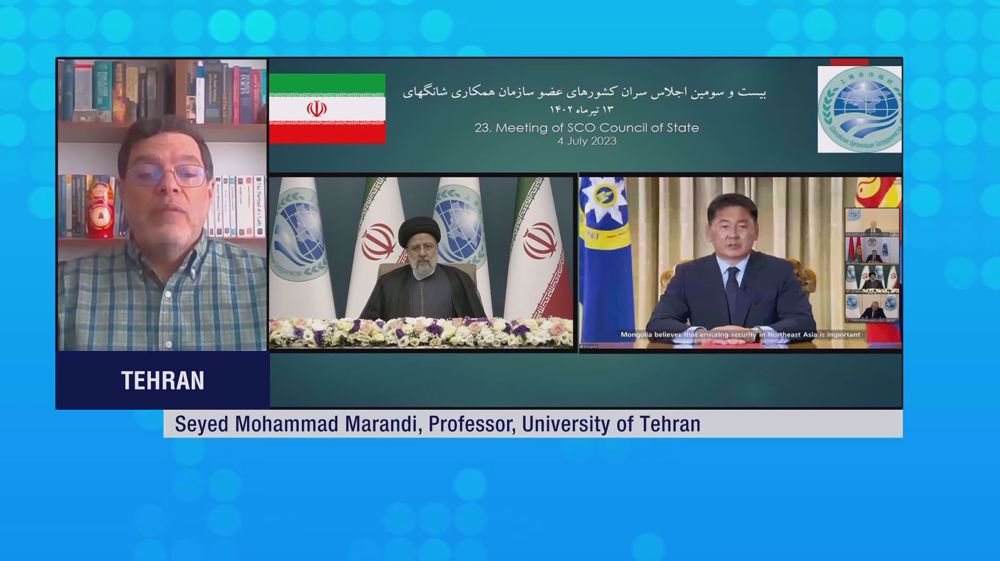
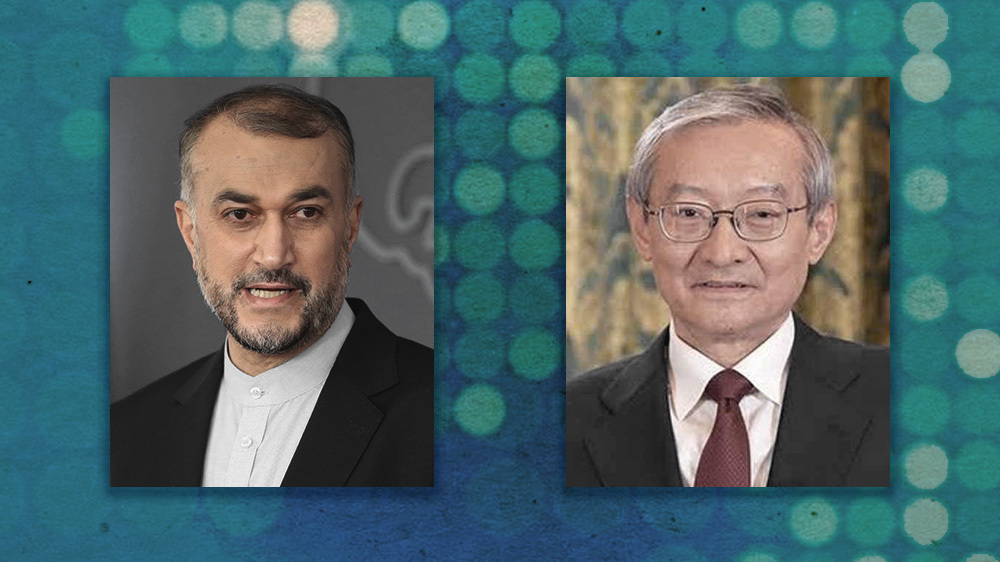

 This makes it easy to access the Press TV website
This makes it easy to access the Press TV website